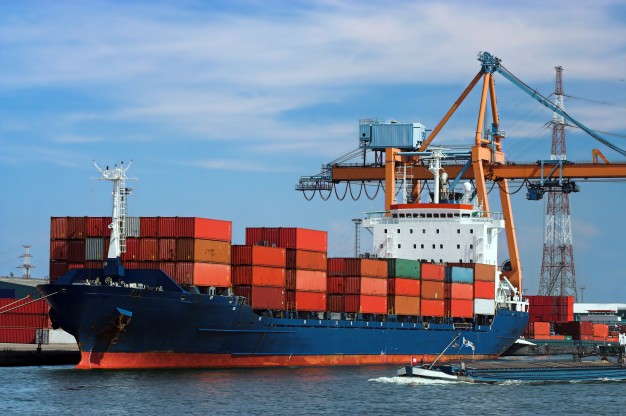Mozambique will launch the National Trade Facilitation Committee

The WTO Trade Facilitation Agreement aims to establish best practices and common rules for international trade
All importers and exporters has felt the burden of having to go through customs and to clear goods in order to be successful in business. Yes, customs procedures are necessary, controls on goods entering and leaving the country are essential for legal and economic reasons, but the burden of using these procedures should not be too heavy, nor the cost unreasonable, nor obstacles the norm. This is where trade facilitation comes in. Trade facilitation improves procedures and controls on the movement of goods across borders to reduce costs and maximize efficiency.
The World Trade Organization’s Trade Facilitation Agreement (TFA) seeks to do just that. The Mozambique National Trade Facilitation Committee will be launched on July 23 to lead the implementation of this global agreement and other regional trade agreements, and to serve as the focal point for international trade issues.
The WTO Trade Facilitation Agreement aims to establish best practices and common rules for international trade, to stimulate trade and, consequently, bring benefits of trade to all World Trade Organization Members. The TFA contains provisions to accelerate the movement and clearance of goods, including goods in transit. It also establishes measures for cooperation between Customs and other competent authorities with regard to trade facilitation and customs compliance issues. It also includes provisions regarding technical assistance and capacity building for least developed countries such as Mozambique.
No matter how good a trade agreement is, whether it is bilateral, multilateral, global or regional, the challenges most commonly cited are the bottlenecks during implementation. Some countries are faster than others in implementing, having already established infrastructure to accommodate the requirements of the agreement. Others face challenges in implementation, even having difficulty disseminating the new information to all relevant stakeholders, which can lead to unequal treatment between countries or even between businesses within the same country.
With the right political will, the necessary support from other partners in the agreement, and the inclusion of the private sector in the implementation, trade agreements are vital for streamlining and increasing global trade that benefits all countries. The Mozambique National Trade Facilitation Committee (NTFC), officially created on 29 December 2017, through decree 81/2017, aims to implement that Trade Facilitation Agreement, as well as other regional agreements, and is the focal point for trade facilitation issues in the country. This Committee will be launched publicly on July 23rd, 2018, and will be a strong voice for cooperation between the government, the private sector and the development partners to reduce costs, simplify procedures and improve trade in Mozambique. The National Trade Facilitation Committee will keep trade facilitation issues at the forefront of improvements in how Mozambique does business, how customs relates to its clients, and how the private sector can improve its bottom line.
